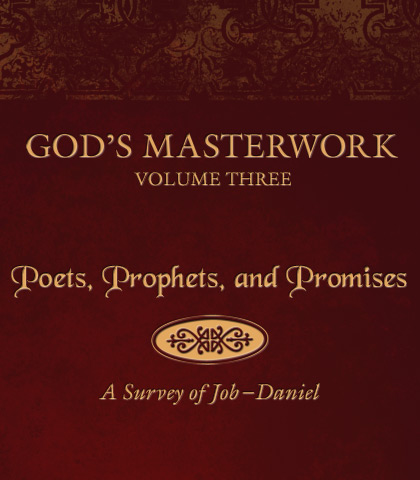
Jeremiah wasn't the brightest among the prophets; Isaiah held that distinction. And the book of Jeremiah isn't the most difficult to understand—that award probably goes out to Ezekiel. Neither is Jeremiah the most influential (that’s Daniel) nor the most notorious—Jonah, without a doubt—or even the most to be pitied (hello, Hosea). But of all the prophets, for sure, Jeremiah was the most heroic. He was as a “pillar of iron” and “walls of bronze” (Jeremiah 1:18).
Consider this: for 42 years Jeremiah stood alone in Judah, preaching, warning, and pleading, trying to awaken the nation about the judgment that would surely come if they didn’t turn around. But in all those years, he never once saw any sign of encouragement. And when doom finally fell, Jeremiah lived through the whole humiliating experience, writing a brief sequel titled Lamentations. But before we get to the lament, we must first look at the jeremiad—the sad prophecy of doom.

